
You can now get your Dunkin' coffee fix with Google Assistant
Here's the deal, folks. I'm a New Yorker, so I am, by default, a coffee expert. While Starbucks isn't terrible, it isn't great either. True coffee connoisseurs know there are only two places to get some proper brew -- 7 Eleven and Dunkin' Donuts. The former is the best for those that like to add milk/sugar themselves, while the latter is ideal for those that trust the workers to add those extras. I go to both, but generally prefer Dunkin' since they have a drive through.
If you are a caffeine fan like me, and you get your daily coffee fix from Dunkin', I have some amazing news. Starting today, you can order your coffee through Google Assistant. Unfortunately, there is a big catch.

You can now give the gift of YouTube with Amazon
Millions of people are regular YouTube users, and it's not hard to see why. The Google-owned site provides countless hours of quality video entertainment for free -- just watch the occasional short ad. I literally spend hours daily on YouTube watching quality content on my desktop computer, iPad, iPhone, and Apple TV. Hell, even my television comes from Google's video service, as I subscribe to the wonderful YouTube TV.
If you aren't sure what to get someone for the holidays this year, why not give them the gift of YouTube? After all, it is something that they are pretty much guaranteed to love. This year, Google is making it easier than ever to give YouTube as a present -- you can now order a Gift Code through Amazon.
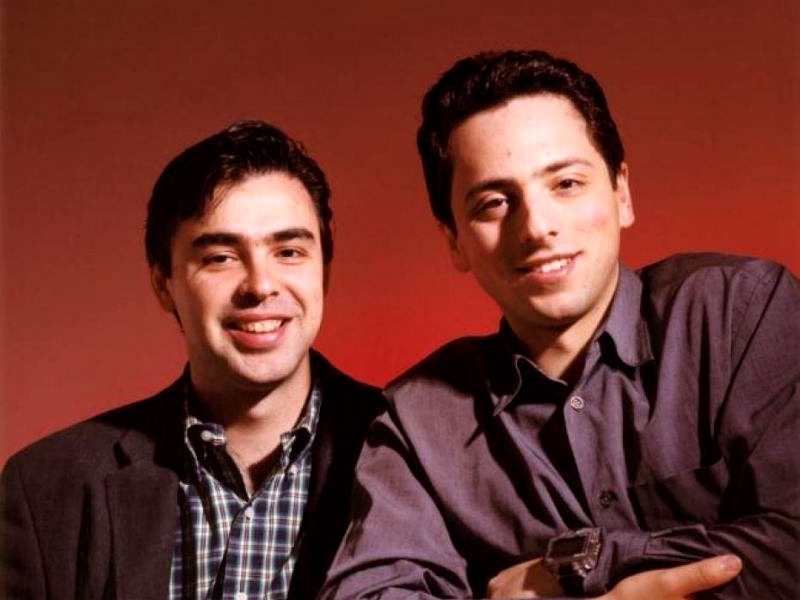
Google founders Larry Page and Sergey Brin step down from their roles at Alphabet
Larry Page and Sergey Brin met at Stanford in the nineties and went on to create what was to become Google in 1996. They have been an integral part of the internet giant's day-to-day running ever since. However, today, both founders announce they will be stepping down from their top roles at Alphabet, Google’s parent company.
Larry Page was Alphabet’s chief executive officer and Sergey Brin the company’s president, but now Google's CEO Sundar Pichai will take over the role of Alphabet CEO as well.
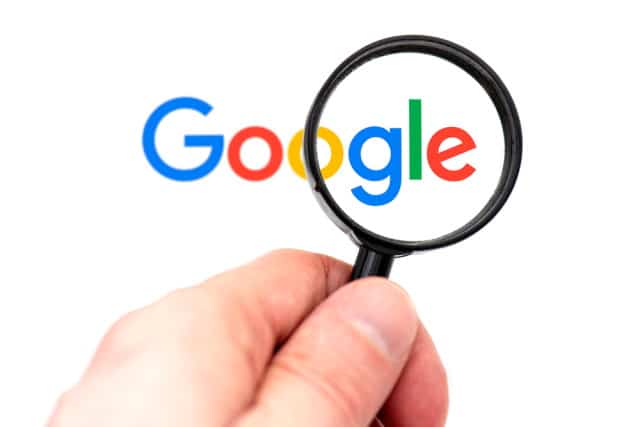
Google is under investigation over its data collection practices
The European Commission has started an investigation into "practices relating to Google's collection and use of data".
EU antirust regulators have already hit Google with record-breaking fines, but concern remains about how the company collects data about its users as well as how this data is then used. The regulator has contacted several companies to ask about agreements they have with Google to hand over user data and what -- if any -- money was involved.

RCS is being implemented dangerously, leaving users vulnerable to attack
Security experts from Security Research Labs (SRLabs) have warned that carriers are implementing RCS (Rich Communication Services which will supersede SMS) in ways that risk leaving users exposed to all manner of attack.
The German hacking research collective issues the stark warning that "RCS technology exposes most mobile users to hacking". This is not because of inherent problems with the messaging protocol, but with the ways in which it is being implement.
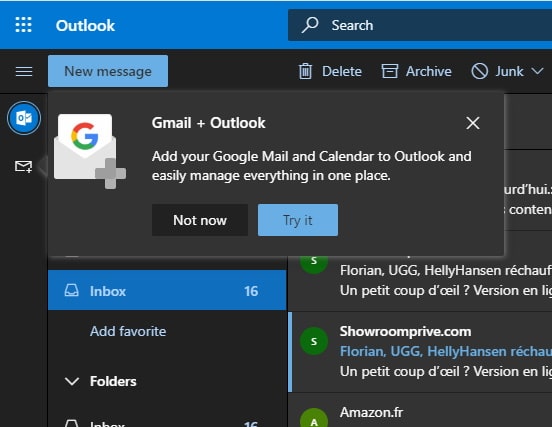
Microsoft rolls out Gmail, Google Drive and Google Calendar integrations to Outlook.com
Microsoft seems to have started rolling out new integration options to Outlook.com, making life easier for anyone who uses both Microsoft and Google services.
As well as offering Gmail integration to allow people to read emails from their Google accounts within Outlook online, Microsoft is also in the process of adding support for Google Calendar and Google Drive.

Google and Fortanix deliver external key management for public cloud
Migrating sensitive data to the cloud inevitably raises concerns surrounding compliance and security. Most turn to encryption as a solution, but that in itself raises issues over key management.
While many cloud service providers have allowed customers to bring their own keys (BYOK), Google Cloud Platform is linking up with the Fortanix Self-Defending Key Management Service (SDKMS) to become the first public cloud provider to enable customers to bring their own key management system (BYOKMS).

Millions of smartphones could be vulnerable to Android camera hack
The camera applications within Google, Samsung and other Android smartphones could be vulnerable to attack, according to some new research.
Researchers at security platform Checkmarx found that in certain circumstances adversaries can take over smartphone camera apps to record videos, take photos, eavesdrop on conversations, and identify GPS coordinates, all without the user knowing.
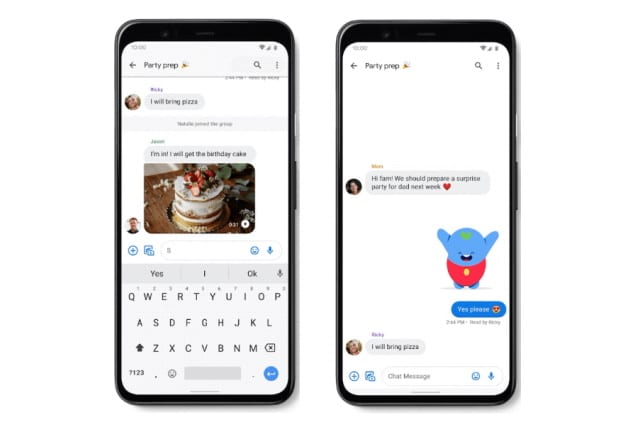
Google is rolling out RCS messaging to Android users in the US
The rollout of the successor to SMS is now underway in the US. Having brought RCS (Rich Communication Service) to the UK, Mexico and France, Google has started to deploy it in America.
The move comes as Google's frustration at carriers' apparent unwillingness to commit to RCS boiled over, leading the company to take the bull by the horns and start to push its own implementation of the standard.

Google Maps gets enhanced translation feature
Traveling internationally can be a very fun experience, but also, it can be quite scary. When you don't speak the local language, you can have anxiety regarding communicating with people when you need help -- such as getting directions. Thankfully, smartphones have made foreign travel much easier thanks to both translation and navigation apps.
Google makes two of the best such solutions -- Google Maps and Google Translate. Today, the search giant is increasing their interoperability. Now, when you tap on a location in Google Maps, the translation software can audibly say what that location is -- in the local language. As an example, you can hop into a taxi and tap on where you want to go (a restaurant, hotel, etc.) and your smartphone will say it audibly in the driver's language so he/she knows where to go. Very cool.

Google teams with Citigroup bank to offer checking accounts from 2020
Google next big venture appears to be banking. According to reports -- including from the Wall Street Journal -- the company is partnering with Citigroup bank and will start to offer checking accounts from next year.
The project is codenamed Cache and it will also see Google teaming up with credit unions to provide banking facilities to people in the US. But with widespread concern about Google's attitude to privacy, is there a market for banking services from the company?
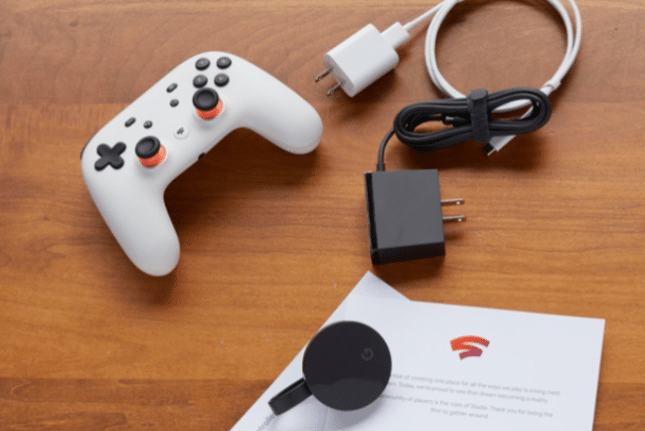
Google Stadia only has a dozen launch games
The Nintendo 64 is one of the greatest game consoles of all time. I remember getting one at launch as a kid after trying (and being blown away by) Super Mario 64 at Toys R Us. Believe it or not, despite ultimately becoming a successful game system, it launched with just two games in the USA. No, that is not a typo -- it literally had a pair of games at launch. There was the aforementioned Mario game, plus Pilotwings 64. Over time, there were many classic games released for the N64, but the sparse launch library was rather shocking.
That's why today's announcement by Google that its Stadia streaming game service will "only" have a dozen games at launch (less than previously promised) doesn't disappoint me. Quite frankly, 12 launch titles is actually quite respectable. Not to mention, these are high-quality games too -- there is seemingly no filler to pad the list. With that said, three of the titles are from the Tomb Raider franchise.
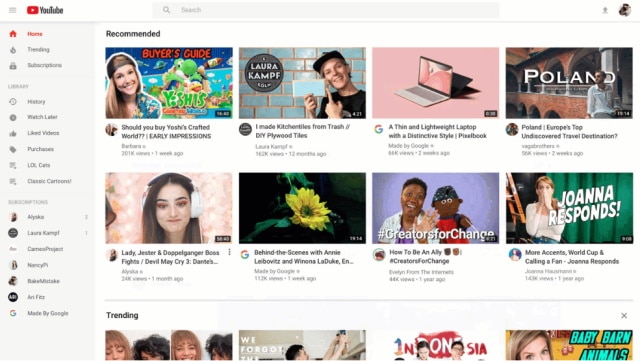
YouTube has a new interface -- here's how to disable it if you hate the new look
Google has updated YouTube with a new-look interface on tablets and the desktop. Thumbnails are bigger and easier to see, some superfluous links have been removed, and there are changes to the way the video queue works.
But, of course, not everyone likes change. If you're not a fan of the new interface, there are steps you can take to stick with the old look.
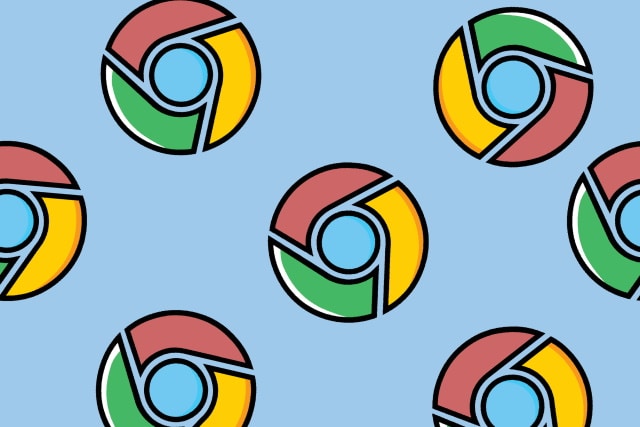
Google may soon let third parties add options to Chrome's tab context menu
Google has been tinkering around with Chrome quite a lot recently. For the most part this has meant adding new features and options, but there have also been removals.
One element of the browser that has fallen victim to some slashings is the context menu that appears when right-clicking a tab. Several options have disappeared from this menu -- much to the chagrin of some users -- but Google now appears to be considering opening it up to entries from third parties, potentially making it more useful than ever.
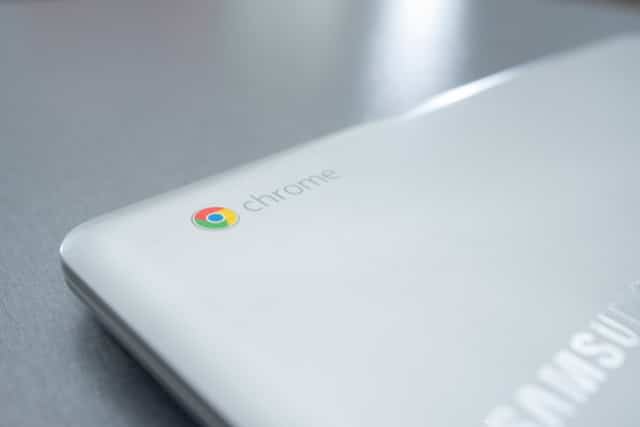
Google releases Chrome OS 78 complete with virtual desktops and more
The stable build of Chrome OS 78 is now rolling out to Chromebook and other compatible devices. A notable addition with this update is the arrival of virtual desktops, something Google has been testing in preview builds for a little while now.
Just as with Windows and macOS, the virtual desktop feature of ChromeOS gives users access to a number of workspaces that can be used to keep different apps and windows separate from each other. But while this is probably the highlight of ChromeOS 78, it is certainly not the only change.
